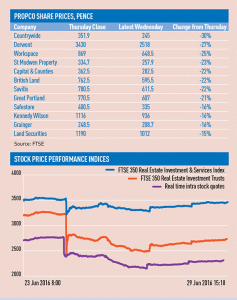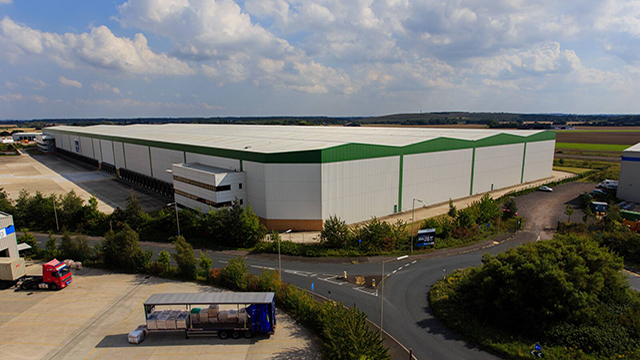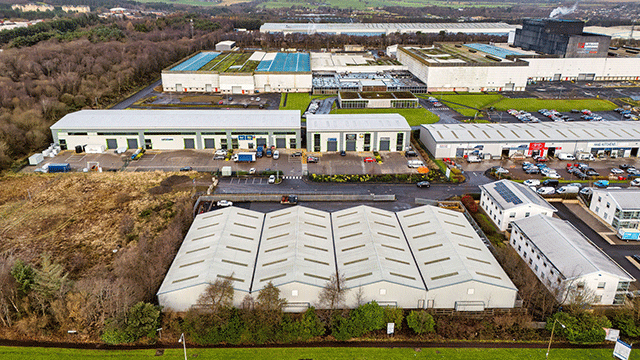
UK listed property companies suffered huge losses following the Brexit vote and have since only made partial recoveries.
By the time markets closed on Monday, share prices at Derwent London and Great Portland Estates had plunged by more than 30% from close on 23 June, the day of the referendum.
Among the most affected this week were Countrywide and Derwent. More than eight FTSE propcos were still trading at 20%+ discounts by 30 June (see box above).
There were some recoveries on Tuesday, with Daejan Holdings, which has a London- and New York-focused portfolio, seeing a 13% bump from the day before and Land Securities rising 9%. However, it was not enough to take most property companies out of double-digit losses from their pre-Brexit values.
Countrywide was the only listed real estate service in the FTSE 350 whose shares had not risen above Monday’s closing price by Thursday morning. The most resilient companies were Tritax Big Box (-5%), Assura (-7%) and Unite Group (-7%).
Mike Prew, managing director at investment bank Jefferies, said: “The sector has been selling off in proportion to these companies’ exposure to the London office market, where the greatest uncertainty is seen.
“You have the equivalent of 50 Gherkins being built in the next four or five years while the likely job migration from the central London office market is 100,000. There has been a bounce because the world didn’t end. The economy’s still operating. The capacity of the Bank of England to cut interest rates plus the devaluation of sterling can go a long way in offsetting economic weakness.”
Markets stabilised during the week and losses were partly offset as no immediate trigger of Article 50 was announced and no “punishment budget” from chancellor George Osborne was forthcoming.
Q&A: Brexit and the future of listed property companies
Could there be more listed sector mergers and acquisitions?
Possibly. With many private equity firms holding large pools of cash, they may look to buy listed firms, with many trading at their biggest discount to net asset value for years. If companies are approached, they may find it more difficult to come up with a defensive valuation at a time when pricing is in limbo. They may also find it hard to hold out for a premium if market prospects are considered bleak.
Will companies struggle to issue more share capital?
Probably, given that they are trading at discounts to net asset value. However, if what they are looking to buy with the cash raised is suitably high quality, with long enough income, it may be accretive, increasing earnings per share. If there are suitable buying opportunities for weaker rivals or distressed portfolios, then it is possible more equity could be issued opportunistically.
What are the prospects for new listings?
Much bleaker. With the sector as a whole trading at a discount, it is unlikely that listings will be the best means for exiting. Trade sales are more likely instead. With valuations likely to have taken a hit, companies that were looking to exit their investments will also have to have much less ambitious expectations. That means exits of any sort may be delayed.
Will property company debt become more expensive?
Unclear. If asset values fall and loan-to-values rise, then it is likely borrowing costs will increase for the funding of new acquisitions or undertaking refinancings. However, many companies have large, undrawn facilities, agreed at historically low margins and the prospect of a further cut in interest rates may even reduce borrowing costs.
Follow our Brexit reaction blog here >>
• To send feedback, e-mail karl.tomusk@estatesgazette.com or tweet @ktomusk or @estatesgazette











